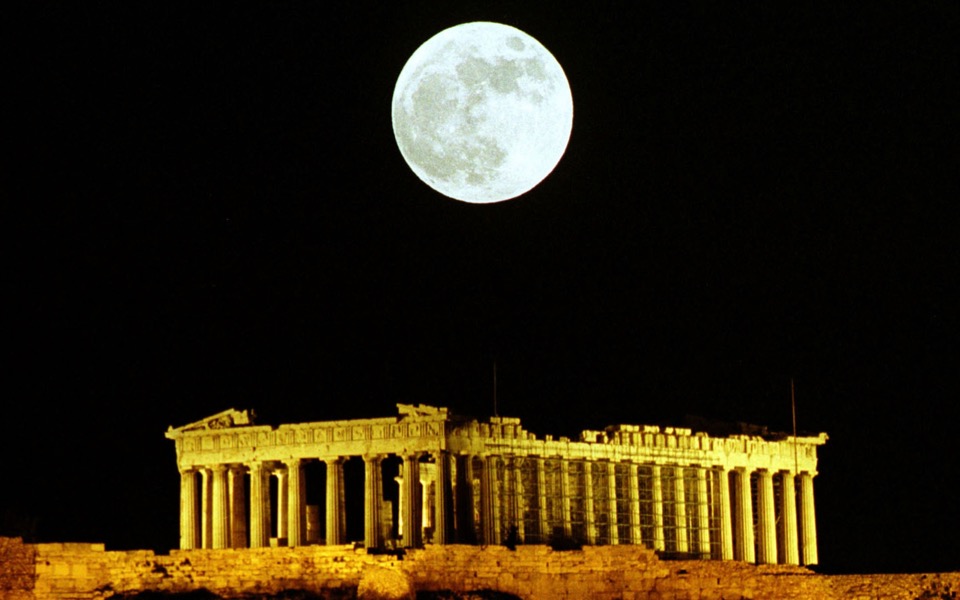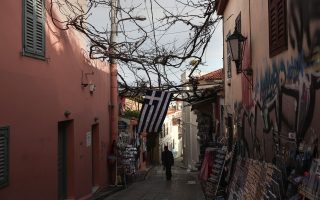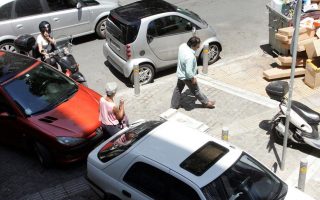Parthenon is not a leasable asset

The violent effects of time and human activities have left many deep scars on the Parthenon and the Acropolis’s monuments in general. From Francesco Morosini to Lord Elgin, and from the first Christians to the Turkish conquerors, man has inflicted more harm on the Sacred Rock that anything done by earthquakes, gales and storms. The monuments have been bombed and looted by man, who also imposed destructive changes on their religious identity. Yet the Acropolis remains.
Over the past few decades, these perfidious enemies have appeared in the guise of friends, seeking access ostensibly to promote the Parthenon and the country as a whole around the world – as if the great temple needs to be advertised or can forever withstand the growing flood of tourists, as though its soul will not be tarnished by its transformation into a leasable asset for the sake of hard cash.
The latest humiliation is a request by fashion house Gucci to hold a runway show on the Acropolis, against the backdrop of the Parthenon. The argument in favor of the scheme is that it would promote freedom of artistic expression and creative innovation. This hokey excuse fails to explain why artistic freedom needs to include the subjugation of one of humanity’s greatest symbols to commercial interests.
And where does creative innovation come in? Cashing in on the Parthenon’s reputation is not original. It has already been done – in a different manner – by Lufthansa, Coca-Cola and Verizon (the telecoms company that transformed the temple’s columns into cell phones). Even pop star Jennifer Lopez posed for photographs on the Acropolis in 2008 with the permission of then culture minister Michalis Liapis after he bypassed the Central Archaeological Council, which is responsible for any activities at the site. Liapis must have remembered that a decade earlier the Council had opposed a proposal by Evangelos Venizelos to allow the Calvin Klein fashion house to use the Roman-era Herod Atticus Theater.
And the Parthenon is not a theater, or an arena like the Coliseum. It is a part of world cultural heritage not just because because it is beautiful but, more importantly, because it is a shining symbol of democracy. This symbolism was undermined recently when the site was closed off to the public during a visit by US President Barack Obama, but the damage to its character would be exponentially greater if the monument were featured as a prop in a commercial event.
The argument that it will benefit from the inflow of cash or the promotion is nothing less than a guise for abject cynicism.



